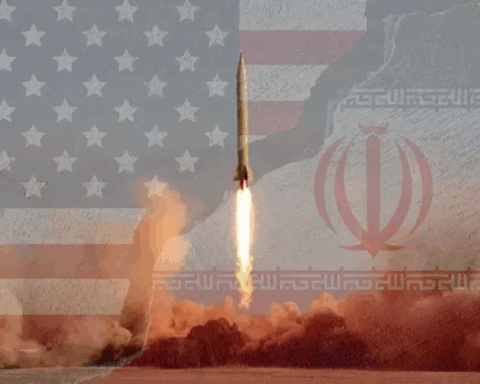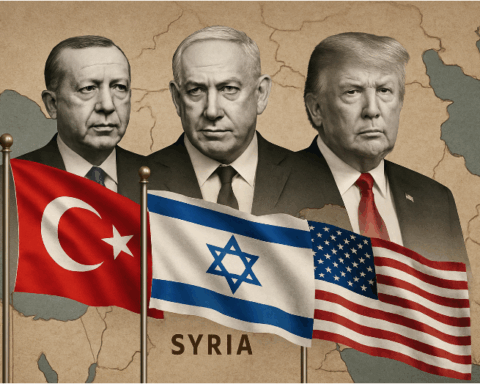Trump Held Back, War Delayed: Israel’s Iran Equation in Turmoil
The latest revelations about a planned Israeli strike on Iran’s nuclear facilities have sent shockwaves through the geopolitical landscape. The real surprise, however, is not the plan itself—but the leak. And even more controversial is the speculation that the leak may have come from none other than Israeli Prime Minister Benjamin Netanyahu himself.
According to the details, Israel had prepared two operational options for a strike in May: a joint air assault with the United States, or a ground operation involving Israeli commandos penetrating Iranian territory. The operation’s success, however, hinged on American support—specifically access to bunker-busting bombs and B-2 strategic bombers. In short, Netanyahu could not proceed without a green light from Washington.
This predicament has exposed Netanyahu to fierce domestic criticism. His far-right allies and rivals alike, including figures like Naftali Bennett and Avigdor Lieberman, have accused him of being all talk and no action—especially after describing an attack on Iran’s nuclear infrastructure as a “once-in-a-century opportunity.” The Israeli right has long viewed Iran as the ultimate threat, and with Hezbollah’s power significantly diminished and Iranian proxies in Syria weakened, the calls for a direct strike have grown louder.
In response, Netanyahu may have chosen a risky but calculated maneuver: leak the plan. This move serves a dual purpose. Domestically, it allows him to say, “I was ready, but I didn’t get American approval.” Internationally, it sends a veiled message to Iran: your nuclear facilities are within reach.
The timing is no coincidence. The leak emerged just as the second round of nuclear talks between the U.S. and Iran were set to begin. By exposing the plan, Israel may be attempting to sabotage the negotiations or force Iran to the table under psychological duress. In modern diplomacy, leaks have become a weapon. As seen in the Ukraine war, even military intelligence is publicly released to manipulate enemy behavior or international opinion.
Netanyahu’s move, if indeed intentional, also places the ball firmly in Trump’s court. Trump’s own response was characteristically ambiguous: “I didn’t block the operation, but I’m not in a rush either.” He followed with his usual playbook: escalate the threat, then offer a deal. Whether it’s trade wars, Greenland, or Iran, Trump builds pressure to the brink, then pushes for negotiations on his own terms.
“I want Iran to be a great country,” Trump said, “because the alternative is very bad.” The message is clear: either strike a deal or face something worse. In this chess game, Netanyahu is signaling to his critics that he has the will, but not the power. Trump is telling Iran that they’re running out of time—and choices.
This is no longer just about military strategy. It’s about political survival, international pressure, and regional messaging. Israel’s enemies are watching, but so are its allies. The public exposure of military plans—once unthinkable—is now a tactic, not a blunder. And in today’s Middle East, wars may be postponed, but the psychological battles never stop.
- Tension Between Donald Trump and Elon Musk: Is a Major Crisis Beginning in the American System? - June 6, 2025
- Harvard Faces Federal Funding Freeze Over Alleged “Disrespect to the Nation,” Says McMahon - May 6, 2025
- Tariffs, Troubles, and Transition: A Tumultuous Week for the U.S. and NYC Economy - May 6, 2025










